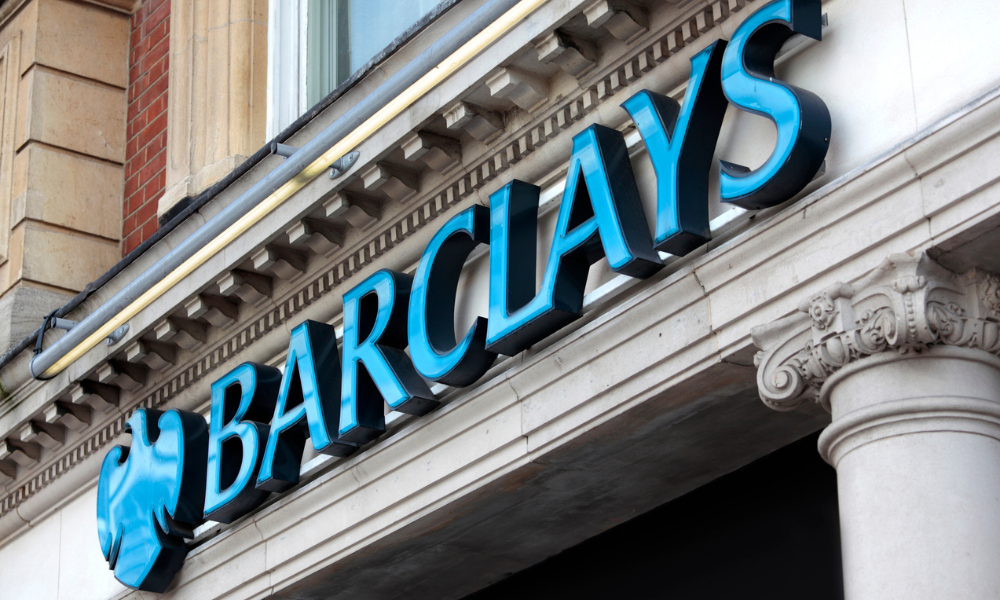

Barclays Plc has earmarked cash from its balance sheet to hold corporate loans and compete directly with private credit funds, according to people with knowledge of the matter, as more banks look for ways to gain a foothold in the $1.5 trillion market for private debt.
The strategy, which Barclays plans to grow into the billions of US dollars, involves purchasing slugs of debt originated by the bank and participating in new financing arranged by direct lending funds, said the people, who asked not to be named discussing confidential information. It is led by Emily Knickel, the bank’s New York-based head of principal investing.
A Barclays spokesman declined to comment.
The move comes as the private credit market has morphed into a go-to avenue to finance multi-billion dollar buyouts. Banks used to have a stranglehold on that market but are now frequently missing out as private equity firms turn to asset managers such as Ares Management Corp. and Blackstone Inc. for financing.
Barclays has been plotting a foray into private credit since at least last year. Many companies, particularly those controlled by private equity, turned to private lenders following Russia’s invasion of Ukraine, when public markets became jittery. Banks have started to repopulate their financing pipelines in recent months, landing roles on large deals as credit conditions in public markets improved.
Other banks have also sought to snare a piece of the action in private credit. JPMorgan Chase & Co., for instance, has set aside $10 billion to refocus its approach to direct lending. Bank of Montreal has a partnership with Oak Hill Advisors, while Capital One Financial Corp. has made unitranche loans through Ultra, a joint venture with HPS Investment Partners.
Goldman Sachs Group Inc., which is one of the oldest players in this space, holds loans through its asset management arm, which includes third-party capital gathered by its its mammoth mezzanine debt vehicle. Last year, Deutsche Bank AG began preparing a fresh push into private credit, which includes raising money from external investors.

A Texas-based bank selects Raymond James for a $605 million program, while an OSJ with Osaic lures a storied institution in Ohio from LPL.

The Treasury Secretary's suggestion that Trump Savings Accounts could be used as a "backdoor" drew sharp criticisms from AARP and Democratic lawmakers.

Changes in legislation or additional laws historically have created opportunities for the alternative investment marketplace to expand.

Wealth managers highlight strategies for clients trying to retire before 65 without running out of money.

Shares of the online brokerage jumped as it reported a surge in trading, counting crypto transactions, though analysts remained largely unmoved.
Orion's Tom Wilson on delivering coordinated, high-touch service in a world where returns alone no longer set you apart.
Barely a decade old, registered index-linked annuities have quickly surged in popularity, thanks to their unique blend of protection and growth potential—an appealing option for investors looking to chart a steadier course through today's choppy market waters, says Myles Lambert, Brighthouse Financial.
